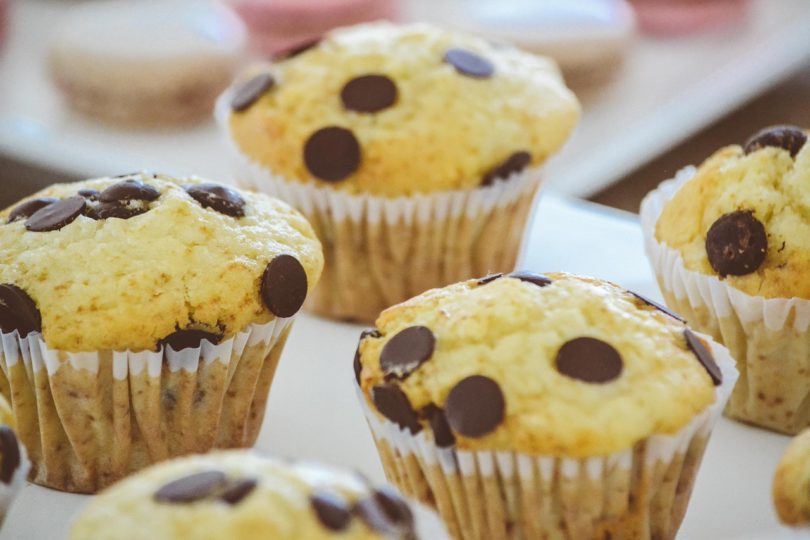Most dog owners love sharing a little taste of their own food with their furry friends. Those big, pleading eyes at the dinner table can be tough to resist! But while a small bite of plain chicken or rice may be harmless, some everyday human foods can be dangerous—or even toxic—to dogs. What makes it tricky is that many of these foods are ones you’d never guess could be harmful.
To keep tails wagging safely, here are 10 surprising foods your dog should never eat, why they’re risky, and what to offer instead.
1. Grapes and Raisins
It doesn’t matter if they’re seedless, peeled, fresh, or dried—grapes and raisins can cause sudden kidney failure in dogs. Even a small handful may be enough to make them sick. Symptoms include vomiting, lethargy, and loss of appetite.
Safe swap: Blueberries or apple slices (without seeds).
2. Onions and Garlic
These kitchen staples may make your meals flavorful, but they’re dangerous for dogs. Onions, garlic, and even related foods like chives or leeks can damage a dog’s red blood cells, leading to anemia. Cooked, raw, powdered, or dried—all forms are unsafe.
Safe swap: Plain cooked pumpkin or carrots for a touch of flavor.
3. Avocados
While avocado toast is all the rage for humans, avocados contain a substance called persin, which can cause vomiting and diarrhea in dogs. The pit is also a choking hazard.
Safe swap: A spoonful of plain peanut butter (without xylitol—see below).
4. Chocolate
Most people know chocolate is bad for dogs, but it’s worth repeating. Theobromine, a chemical found in chocolate, is toxic to them, especially dark chocolate or baking cocoa. It can cause vomiting, tremors, rapid heartbeat, or worse.
Safe swap: Carob, a dog-safe alternative that looks and tastes similar to chocolate.
5. Macadamia Nuts
Not all nuts are equally risky, but macadamia nuts are particularly harmful. Just a few can cause weakness, tremors, and even paralysis in dogs. Plus, many nuts are high in fat, which can upset their stomachs.
Safe swap: A few plain, unsalted peanuts or cashews (in moderation).
6. Xylitol (Sugar-Free Gum and Candy)
Xylitol is a common sugar substitute in sugar-free gum, candy, and even some baked goods. For dogs, it can cause a dangerous drop in blood sugar and even liver failure. Just one piece of gum could send them to the vet.
Safe swap: Fresh apple chunks or dog-safe dental chews.
7. Cooked Bones
Dogs and bones go hand-in-hand, but cooked bones (like chicken wings or rib bones) are risky. They can splinter into sharp pieces, leading to choking, broken teeth, or damage to the digestive system.
Safe swap: Specially made dog-safe chew bones or raw marrow bones (with supervision).
8. Dairy Products
Some dogs can handle a little cheese, but many are lactose intolerant. Milk, ice cream, and other dairy products can cause gas, bloating, and diarrhea.
Safe swap: Frozen bananas or a spoonful of plain, unsweetened yogurt (if tolerated).
9. Alcohol
This one may sound obvious, but even small amounts of alcohol—from a spilled beer to a wine-soaked dessert—can be dangerous for dogs. Alcohol affects their liver and brain just like humans, but much more severely.
Safe swap: Chilled dog-friendly “beer” or broth made for pets.
10. Caffeine
Coffee, tea, soda, and energy drinks are all off-limits. Caffeine can cause restlessness, rapid heartbeat, seizures, and in severe cases, death. Even used coffee grounds or tea bags can be dangerous if a curious pup digs them out of the trash.
Safe swap: Fresh, clean water (always the healthiest choice).
What to Do If Your Dog Eats Something Dangerous
If you suspect your dog has eaten any of the foods above, call your veterinarian immediately. The quicker you act, the better the chance of preventing serious harm. You can also contact a pet poison hotline for guidance.
Final Thoughts
Sharing life with a dog means looking out for their health every day—including what’s on their plate. While it can be tempting to slip them scraps from your dinner, remember that not all human food is dog food. By keeping these surprising dangers out of paw’s reach and offering safe, tasty alternatives instead, you’ll make sure your four-legged friend stays happy, healthy, and safe.

